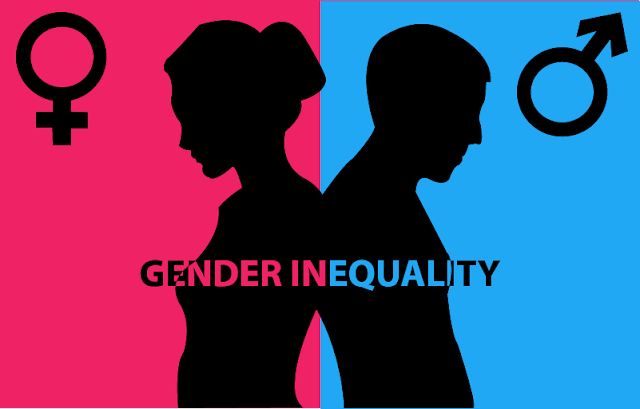surajtv
Friday, 27 January 2017
By
Shazia Dar
The Ideology
Makers/A camouflaging identity/ Women: Not allowed
A certain sort
of moral bankruptcy has dominated the social orders of Pakistan. The people
here are fond of discussing nationalism, inflation and other similar problems
whereas they avoid discussing how women are victimized or exploited in the
society. They take interest to talk about the morals and characters of women
and ignore the discussion of basic rights of this gender. They remain silent on
the sufferings and exploitations of women but they show offence over the topics
of nudity and obscenity.
The horned
dilemma of this duality is the hallmark of Pakistani social set up. The system
gives the status of a commodity, a body to the women whereas a man is here to
dominate these bodies. The demons of the society use women for forced
marriages, custodian beatings, mutilation, rapes, kidnappings etc. A man here
is free even to commit adultery but he could kill woman if she deviates from
the established social and cultural norms ostensibly to protect the family’s
honor. The men are the fate deciders of the women. It is impossible to survive
here as a woman. The males like women on their beds only but they cannot admit
their individuality. Oh poor creature, you are destined to bear all the
exploitations and victimizations. In fact this submissiveness is poured into
the minds of women since childhood.
A trend is
promoted that boys play with the cars and the girls play with the dolls.
Likewise, the girls are asked to sacrifice their toys, individuality, joys and
similar things for their males. The boys are not allowed to weep like a woman;
they are taught that they are strong and hence they could not weep because crying
is a girl’s prerogative. By this argument I do not mean that we should ask boys
to play with dolls or girls to play with cars but we should allow them to
follow the basic ethics and respect for individual differences.
The
patriarchy culture provides respect and dignity to men whereas the women have to
suffer a lot to get honor and prominence in the society. I have a question to
the women who will be the first drop of the rain? How long you will bear this injustice? When
you will raise voice for your own rights? Do not look for the miracles. Bring
miracles into your lives by breaking the chains. Tell the demons of the society
that you are a free human being not a commodity or body…. Wake up women…. we have
long journey to travel…
The Writer is a
Socialist Shazia
Dar
Tuesday, 10 January 2017
Wednesday, 7 December 2016
Saturday, 26 November 2016
Subscribe to:
Comments (Atom)





